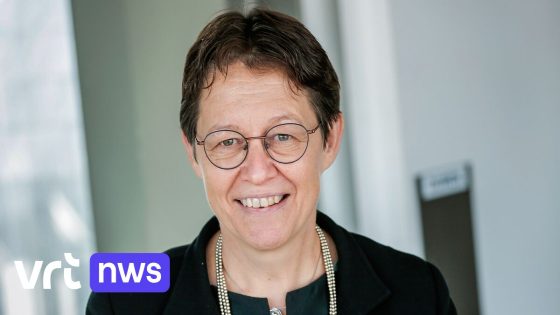Tine Baelmans has emerged as the first official candidate for the rectorship at KU Leuven, potentially making history as the university’s first female rector in 600 years. This significant milestone raises questions about diversity and inclusion in higher education. How will her leadership shape the future of this prestigious institution?
- Potential first female rector at KU Leuven
- Importance of diversity in university leadership
- University deserves a more inclusive image
- Women's representation in academic institutions matters
- Impact of female leadership on university culture
Tine Baelmans: A Pioneering Candidate for Diversity at KU Leuven
As Tine Baelmans steps forward as a candidate, one wonders what impact she could have on academic culture. Could her leadership inspire other institutions to embrace greater inclusivity? Her vision reflects a growing trend in higher education that prioritizes diverse representation.
The Importance of Inclusive Leadership in Higher Education
Diversity in leadership roles is crucial for fostering an inclusive environment within universities. As more women take on prominent positions, they pave the way for future generations. Here are some key points regarding this shift:
- Increased representation leads to diverse perspectives.
- Women leaders can inspire younger students and faculty.
- A diverse administration enhances community engagement.
- Inclusive policies benefit all members of the university.
The Role of Female Leaders in Academic Institutions
Female leaders like Tine Baelmans can significantly influence university dynamics. Their presence challenges traditional norms and encourages a more equitable approach to education. By promoting inclusivity, they help create an environment where everyone feels valued and heard.
Global Implications of Baelmans’ Candidacy
The implications of Baelmans’ potential appointment extend beyond Belgium. As universities around the world grapple with issues of gender equality, her success could serve as a model for institutions seeking to diversify their leadership teams. It raises critical discussions about how academic environments can evolve to meet contemporary societal needs.
A Future Shaped by Diverse Voices
If elected, Tine Baelmans may redefine what it means to lead at KU Leuven. Her focus on diversity might encourage other universities globally to prioritize similar values—creating educational spaces that reflect our multifaceted society and preparing students for a diverse world.
This pivotal moment invites US all to reflect: How can we support diversity in our own communities?































